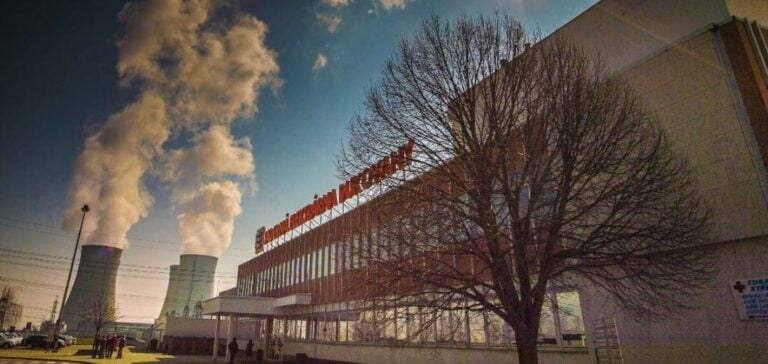The Czech Competition Office (UOHS) has launched an in-depth examination of the complaints lodged by Westinghouse Electric Company LLC and Electricité de France (EDF).
The complaints relate to the decision to award Korea Hydro & Nuclear Power Company (KHNP) the contract to build two nuclear reactors in the Czech Republic.
The contract, valued at around $18 billion, represents the country’s largest public energy contract.
Recourse and competitive issues
Westinghouse and EDF are contesting the decision taken by a unit of the ČEZ Group, an energy company majority-owned by the Czech state, responsible for evaluating the bids.
EDF is seeking the annulment of this decision, while Westinghouse is criticizing the use of a national security exemption, invoked to suspend the usual public procurement rules.
This exemption is perceived by some players as an obstacle to fair competition.
Another point of contention is the exclusion of Westinghouse from the final round of bidding, in the absence of a firm offer.
The US company also claims that KHNP does not have a license agreement to export its reactors, which are based on technology developed by Westinghouse.
This situation adds a complex legal dimension to the case.
Implications for the Czech energy project
The project aims to add two reactors, each rated at 1,000 megawatts, to the Czech Republic’s energy mix.
The new facilities are intended to replace a number of aging generating facilities, including coal-fired power plants and nuclear reactors that have reached the end of their useful lives.
The stated aim is to diversify the country’s energy sources while strengthening its energy security.
UOHS appeals could lead to significant delays.
Although the UOHS has not provided a precise timetable for processing these appeals, the potential impact on the project’s completion schedule is a source of concern for stakeholders.
The government and ČEZ are aiming to sign the contract with KHNP by March next year, with first commissioning scheduled for 2036.
Legal and regulatory complexity
The UOHS’s review of the appeals comes against a backdrop of debate about the compliance of public procurement procedures with European and national rules.
ČEZ’s use of the national security clause has come under particular scrutiny.
By suspending standard competition rules, this clause has raised questions about the transparency and competitiveness of the process.
The outcome of this procedure could have significant repercussions on the energy sector in the Czech Republic and on the way the country manages its future strategic tenders.
In a geopolitical and economic context where energy choices are often linked to issues of sovereignty, the final decision of the UOHS is eagerly awaited by market players.





















